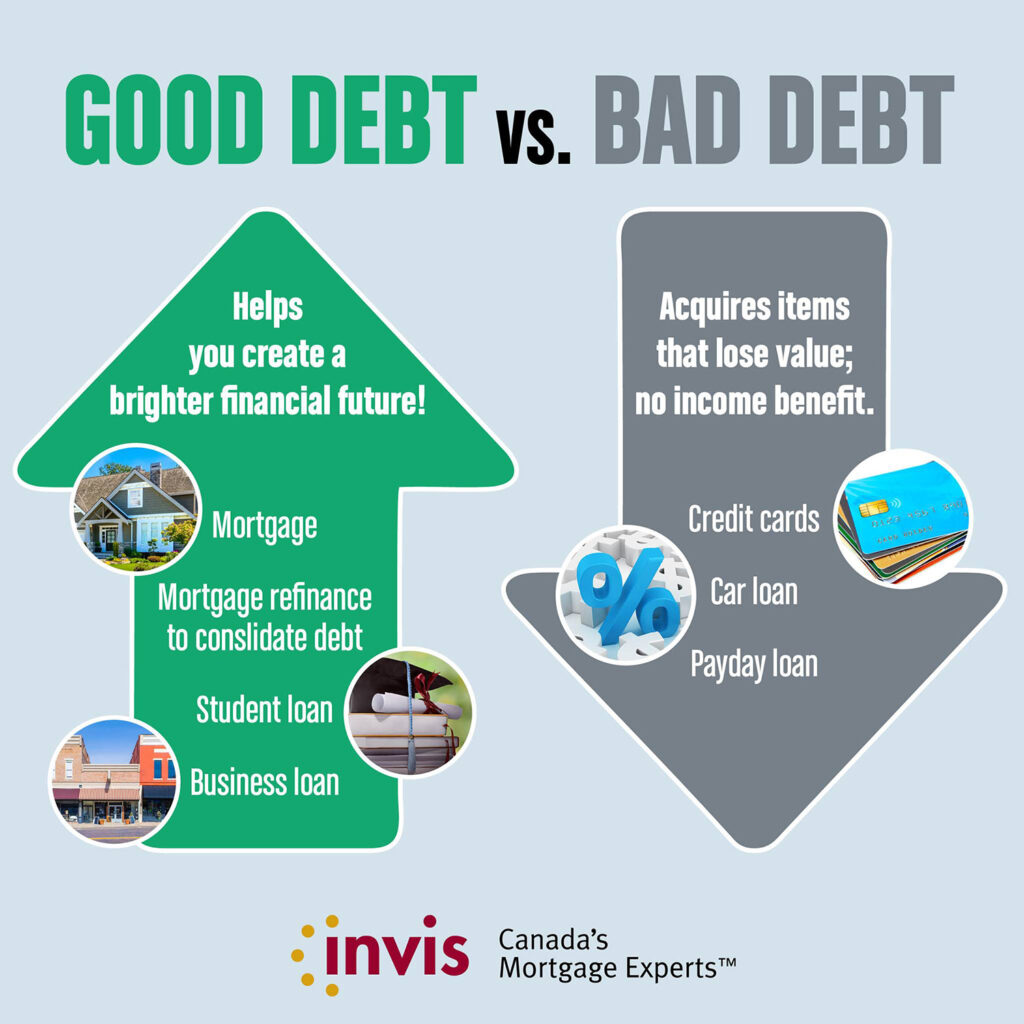
Budgeting for Wealth Preservation
Wealth preservation budgeting is a cornerstone of long-term financial success. Fundamentally, successful people don’t win at life because they have a magic pill or top-secret information, they work at it for years. Successful people reach their financial goals by taking small, intentional steps toward their goals every day. We believe a well-structured financial plan is one of the best ways to ensure your significant financial resources are allocated efficiently and align with your goals for wealth preservation and growth. Morgan Housel in The Psychology of Money writes, “Many people can create wealth, but very few can maintain it.” In this paper, we will show you how to properly budget your expenses and maintain financial prosperity in the long run.
Building a Wealth Preservation Budget
Even with substantial income, gaining a clear understanding of cash flow is the first step toward effective wealth preservation. Instead of focusing solely on breaking a paycheck-to-paycheck cycle, this approach aims to provide a comprehensive view of your financial resources. We recommend using the Zero-Based Budgeting approach as a guide.
- List Your Income: This includes every recurring check coming into your household. We recommend seeking advice from a trusted advisor to help manage significant cash inflows.
- List your Cash Outflows: List everything you may spend money on including savings, donations, debt payments, and variable and fixed expenses. Start with your four wall expenses (food, utilities, transportation, and housing), then the other essentials, and finally the leisure activities.
- Don’t Forget about Lump-Sum Expenses: The average shopper spends almost $1,000 on Christmas gifts every year, and everyone complains about how expensive Christmas can be. Did they not know Christmas was going to come this year? No… Christmas comes every year, so plan for it. Planning for these types of expenses is known as lump sum expenses, as they don’t occur every month. Other examples include car breakdowns, home repairs, and pet emergencies.
- Subtract Expenses from Income: Ideally, after allocating your income, including planned savings and investments, the balance should be zero. If it results in a negative number, it’s time to look for a solution. In the short term, identify areas where adjustments can be made to better align with your wealth preservation budgeting goals. Long-term, consider strategies to optimize income and manage significant recurring expenses.
- Track Your Monthly Expenses and Make the Next Budget: Now that the plan of attack is made, record exactly where you are spending your money throughout the month to make planning in the future more seamless. Your budget should become more precise month after month, resulting in more efficient wealth management.
Strategic Next Steps in Wealth Preservation
Now that you have a solid budget in place, you will be directing where your money is really going—and for many, a significant portion might be flowing toward debt payments. If managing debt feels like a never-ending uphill battle, you’re not alone. Understanding the nature of your debt and how to handle it is the next crucial step in securing your financial future and preserving generational wealth.
Understanding Good Debt for Wealth Accumulation
Taking on debt can limit your spending power significantly. It’s important to differentiate between the kind of debt someone can take on. “Good debt” is issued by assets that appreciate over time with interest rates and alternative costs that don’t outweigh the value the asset brings. Examples of good debt strategic real estate investments secured by mortgages, student loans (for an advantageous degree), or business loans.
Protecting Your Capital from Bad Debt

On the contrary, “Bad Debt” arises when you borrow at high interest rates without financial benefit. If the debt arrangement won’t add value to your net worth or is secured by depreciating assets, such as a luxury vehicle, it is considered bad debt. Tying up considerable capital in bad debt leads to a lack of funding for saving and investing for the future. Examples of bad debt are credit card debt, auto loans, payday loans, or any other form of loan on an underperforming asset. While it may be the case that taking on bad debt is mandatory, it is best to avoid it at all costs. If you take on bad debt, getting out of it as soon as possible should be your first priority.
Debt Management: Optimizing Cash Flow for Wealth Preservation
Personal debt is a massive problem in America. It recently hit an all-time high of $17.5 trillion, or roughly $66,700 per person. On average, an American will spend 10% of their income on debt payments, making saving nearly impossible. With that being said, paying off your debt is critical. With many techniques available, we subscribe to the debt snowball repayment method, created by David Ramsey.
This technique entails attacking the debt with the smallest balance first, ignoring interest rates, which will immediately free up cashflows to go elsewhere. The impact of debt is both mentally and physically destructive, so removing payments as soon as possible is extremely beneficial.

What if Budgeting isn’t Working?
If you can’t manage to end up positive month after month, it’s okay. Budgeting is hard, and saving money is never the most fun way to go about things. Consider partnering with a trusted wealth management professional who can help you form an effective wealth preservation strategy.
Prioritizing Savings for Long-term Wealth Preservation
If you’ve gotten to the point where you have excess cash after your budgeting and debt repayment, you’re crushing it! While spending this excess cash on fun trips and expensive items sounds fun, it’s best to take a proactive approach to preserving your financial success.
Below is the order of where you should allocate your excess funds.
- Create an emergency to cover 3-6 months of expenses
- Reach the maximum match in your 401(k)
- Maximize the match in your Health Savings Account
- Hit the contribution limits in your 401(k)
- Maximize alternative retirement accounts
- Invest the remaining into a non-retirement account

Connect with a Wealth Preservation Professional
Establishing an effective wealth preservation budgeting strategy, coupled with a clear understanding of strategic debt management and prioritized savings, forms the bedrock of long-term financial prosperity. For individuals focused on preserving and growing significant wealth, a comprehensive and adaptable approach is essential to navigate the complexities of cash flow and capital allocation.
At Morgan Rosel Wealth Management, we provide the personalized guidance and strategic insights necessary to develop and implement a financial plan that aligns with your unique goals for wealth preservation and generational security.
Contact us today to explore how we can help you build a resilient financial future.
Investment advisory services are offered through MorganRosel Wealth Management, a registered investment adviser. Registration with any regulatory body does not imply any particular level of skill. This material is provided for informational purposes only and should not be construed as investment, tax, or legal advice. All investments involve risk, including the possible loss of principal. Past performance does not guarantee future results. The scenarios presented are hypothetical and are intended for illustrative purposes only. They do not reflect actual client results and are not guarantees of future outcomes. Individual results will vary. Certain financial strategies may offer tax advantages, but outcomes depend on individual circumstances and are subject to change due to tax laws and other external factors. Consult a tax professional. Certain statements herein may reflect the firm’s current views, expectations, or beliefs, which are subject to change without notice. For additional information about our services, fees, and disclosures, please refer to our Form ADV Part 2A, available at https://morganrosel.com or upon request at no cost.
This commentary reflects the personal opinions, viewpoints and analyses of the MorganRosel Wealth Management, LLC (“MRWM”) employees and guests providing such comments, and should not be regarded as a description of advisory services provided by MRWM or performance returns of any MRWM Investments client. The views reflected in the commentary are subject to change at any time without notice. Nothing on this website constitutes investment advice, performance data or any recommendation that any particular security, portfolio of securities, transaction or investment strategy is suitable for any specific person. Any mention of a particular security and related performance data is not a recommendation to buy or sell that security. MRWM manages its clients’ accounts using a variety of investment techniques and strategies, which are not necessarily discussed in the commentary. Investments in securities involve the risk of loss. Past performance is no guarantee of future results. MRWM may recommend the services of a third-party attorney, accountant, tax professional, insurance agent, or other specialist to clients. MRWM is not compensated for these referrals.